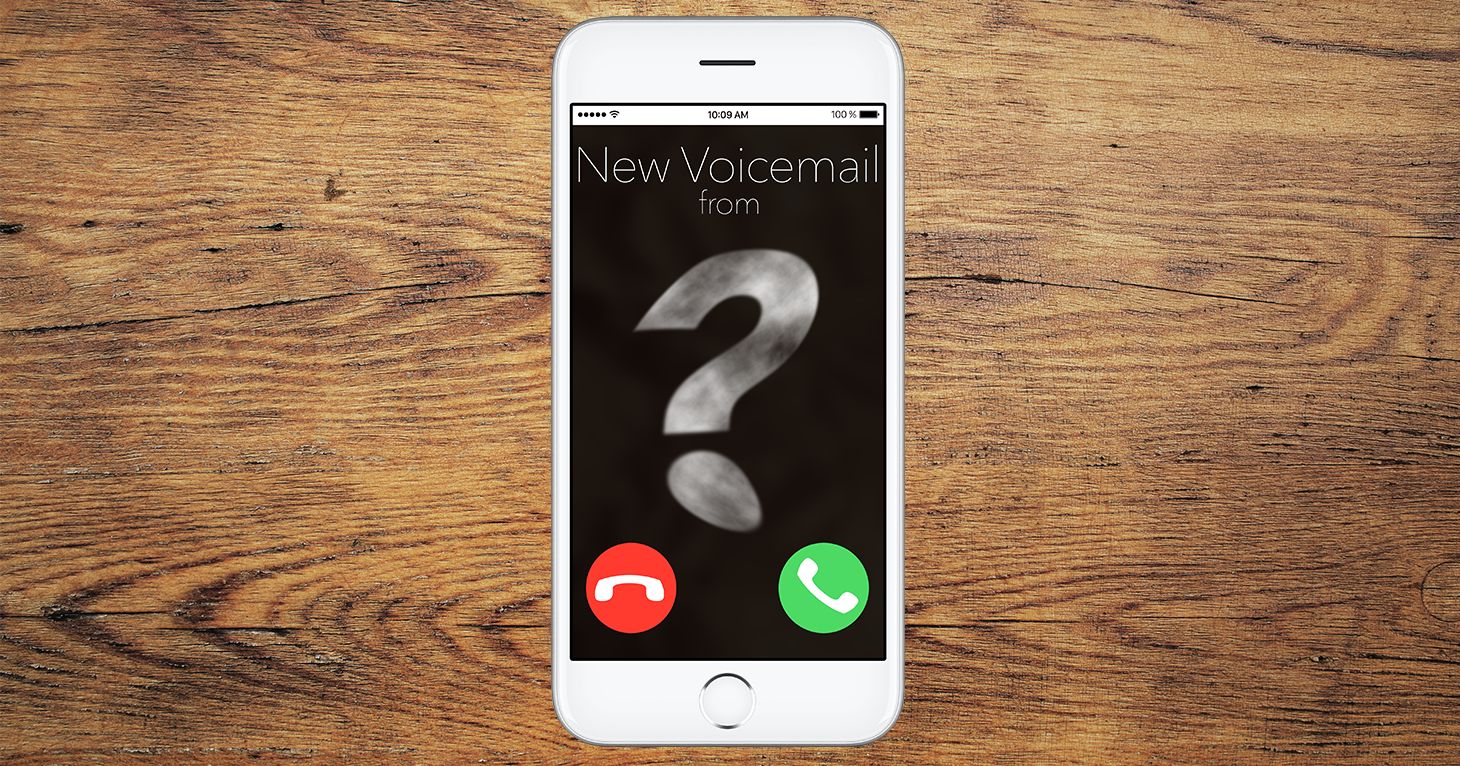
TINA’s Take: FTC Puts For-Profit Higher Education Institutions on Notice
A disproportionate number of students that have defaulted on their students loans attended for-profit colleges.
Ringless robocall provider seeks an exemption from the FCC.
|
WHAT’S UP
If you’ve ever been the victim of phantom vibrations, you know it’s a horrifying experience. But here’s something that may be even more sinister if placed in the hands of a deceptive telemarketer: ringless voicemail. Ringless voicemail technology allows telemarketers, political parties, and financial institutions to pump out hundreds of automated messages at a time straight into the voicemail boxes of consumers’ cellphones without the devices ever ringing. Consumers can’t block the calls because technically they’re not calls. Or at least that’s the position a ringless voicemail provider is taking in an attempt to skirt a federal law that prohibits telemarketers from sending robocalls without first obtaining consent from consumers.
HOW WE GOT HERE
In a petition to the FCC that aims to expose a loophole in the Telephone Consumer Protection Act of 1991, All About the Message argues that the consumer protection law “does not impose liability for voicemail messages” when they’re delivered directly to voicemail. To prove its point that its ringless voicemails are not calls and thus exempted from the law, All About the Message makes the bold claim that its messages are actually less intrusive than robocalls that ring: “The act of depositing a voicemail on a voicemail service without dialing a consumers’ cellular telephone line does not result in the kind of disruptions to a consumer’s life — dead air calls, calls interrupting consumers at inconvenient times or delivery charges to consumers — which the TCPA was designed to prevent.”
THE MARKETING PITCH IN QUESTION
If the FCC sides with the ringless voicemail provider, it won’t be just one marketing pitch — it’ll be a flood of them or, as a consumer lawyer recently put it to the New York Times, a “free-for-all.” And exemption would open the door to marketers of all stripes — not just the honest ones — to leave any number of pitches on consumers’ voicemails unabated. Even consumers on the “Do Not Call” list could be targeted. (Just this week, Dish Network was ordered to pay a record $280 million civil penalty for making tens of millions of calls to people on the Do Not Call Registry.)
WHAT’S NEXT
While the Republican National Committee, the GOP’s leading campaign and fundraising arm, has thrown its support behind the petition, framing it as a First Amendment issue, attorneys general from New York, Massachusetts and Kentucky oppose it. “Ringless voicemail is likely to be more intrusive, not less, because it can bypass some of the most common call blocking applications … which can protect consumers from scams and unlawful calls,” the AGs wrote in a letter to the FCC.
Find more of our coverage on telemarketing here.
UPDATE 6/27/17: All about the Message withdrew its petition to the FCC.
A disproportionate number of students that have defaulted on their students loans attended for-profit colleges.
Despite the splashy announcement, weight-loss ads persist on social media platform.
Tune in on Tuesday to hear TINA.org’s take on fighting fraud during the COVID-19 pandemic and strengthening the FTC’s 13(b) authority.


